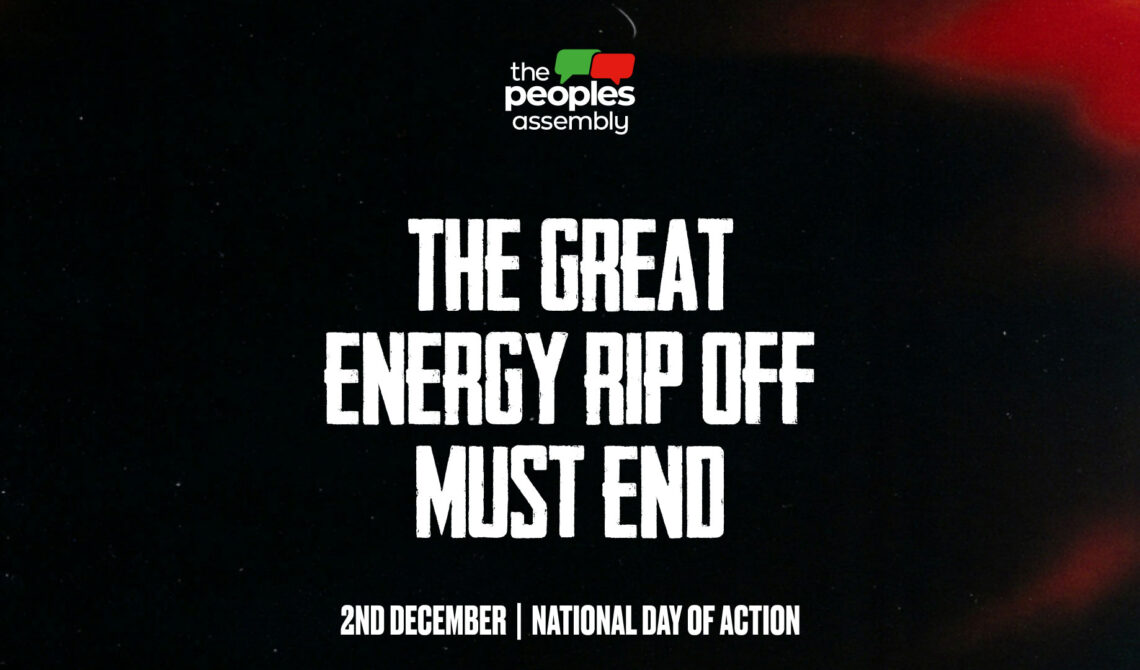Britain has had one of the biggest increases in energy prices of all the advanced industrialised countries. This is not an accident – it has been government policy all along to support profiteering generally and especially by the energy firms.
The situation is threatening to get worse rather than better, and we need to organise against it.
Electricity price inflation peaked at an annual rate of over 66 per cent in March of this year, but prices are still rising. In September this year, electricity prices were over 77 per cent higher than in the same month 2 years ago.
The government has repeatedly tried to blame everyone else for the surge in prices – especially overseas scapegoats. The main international factor is the ridiculous policies of the Trump and Biden administrations, who both tried to pump up the economy coming out of lockdown. But turning on the money taps and surging government consumption without any policies to boost production led to the global surge in inflation.
The British government shares responsibility for this as it tried to copy those policies. They have also added to that price surge by allowing profiteering on a vast scale. The profits of BP and Shell alone soared to a combined £45bn in 2022.
The government could have introduced price controls but chose instead to let profits rip. Price controls and proper windfall taxes are hardly very radical policies. Macron in France curbed energy prices and May was the last Prime Minister to impose a proper price cap. Hardly left wingers. Sunak imposed a windfall tax – only to give energy companies more back in new tax breaks.
The real danger now is that the recent dip in energy prices is already coming to an end. Going into winter this will mean another rise in fuel poverty, and more people being forced to choose between heating and eating.
We have to organise against this.
It is possible to build a strong alliance. Anti-poverty campaigners and trade unions both have a strong interest in fighting a renewed rise in misery caused by rising energy prices.
So does the green movement, which is becoming increasingly important as the British government and others twiddle their thumbs while the planet burns. Renewable energy is much cheaper than fossil fuels, nearly one-third the cost. Investment in harnessing renewables produces good, well-paid jobs. At the same time, investment in insulation and all types of energy-saving will cut bills, benefitting those on average incomes and below the most.
Government policy is to limit the growth of renewables and to subsidise the fossil fuel companies. Consumers and the environment both pay a price.
The campaign against austerity can be at the centre of all this, leading with the demands that great energy rip-off must end.
Michael Burke is an economist who write regularly for Socialist Economic Bulletin

